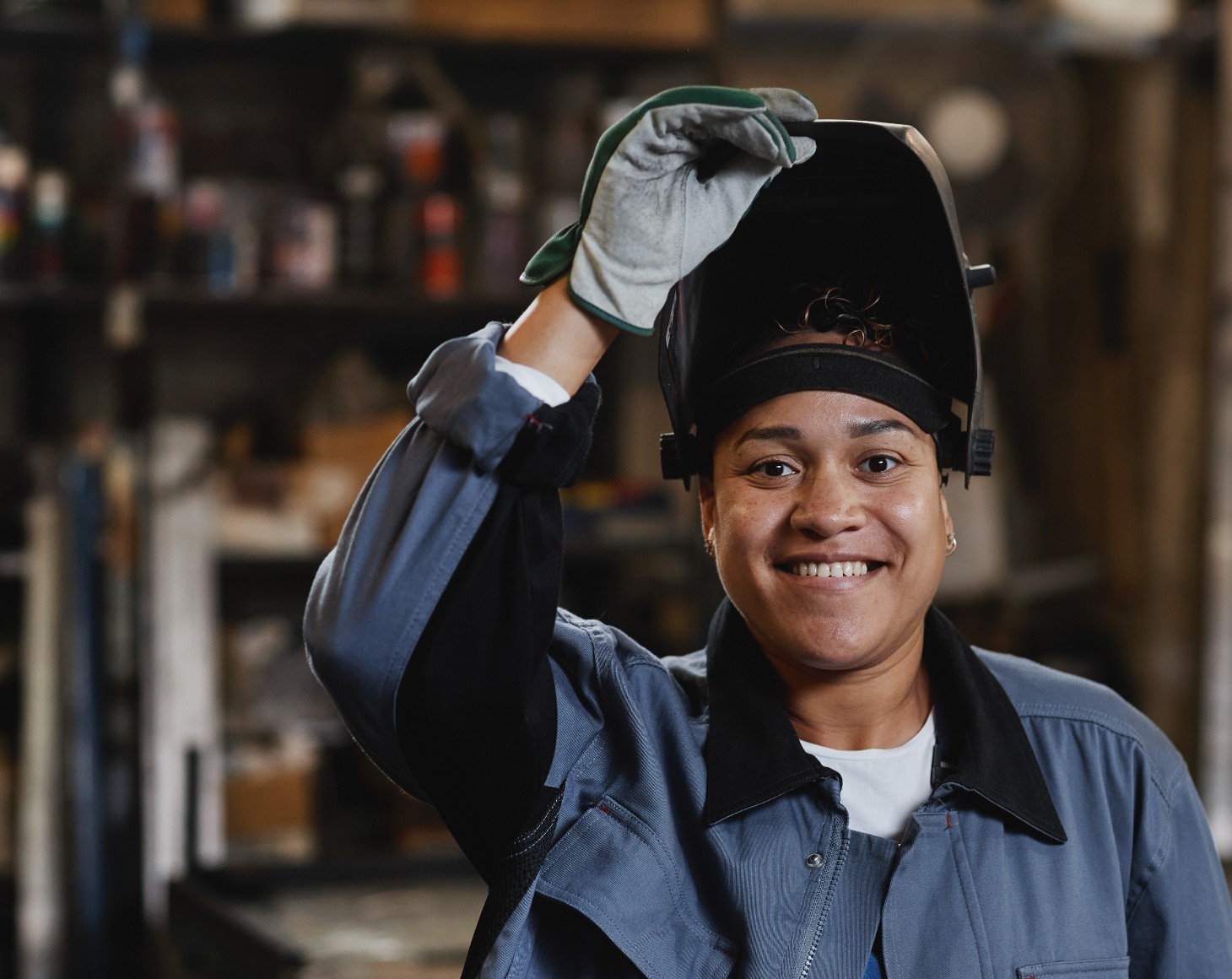How Sterling Backcheck is Prioritizing Diversity at the Office and in the Field

The killing of George Floyd in May 2020 at the hands of Minneapolis police officer Derek Chauvin sent shockwaves through society, and Canada’s business community was no exception. Since then, Canadian companies have been considering the best ways to embrace a broader awareness of systemic racism, among them Sterling Backcheck, the Canadian arm of background screening multinational Sterling.
Sterling provides criminal record and credit checks, employment, identity and credential verifications and reference interviews for employers in nine countries across a wide range of industries, including healthcare, retail, financial services, energy and the public sector. Shortly after the protests, Sterling held a company-wide town hall so employees from every department could share their thoughts and feelings around Floyd’s death. During this town hall, one employee in particular was keen to be a part of organizational change at Sterling Backcheck. Jennifer Ketchens has built an impressive career in procurement, helping to establish Sterling’s operations in Atlanta, Georgia. After participating in this initial town hall, she reached out to the company’s CEO, Josh Peirez, and asked how she could be of service.
In June 2020, she was appointed to the newly created position of chief diversity and social responsibility officer, and since then has led a wide-ranging set of initiatives to update and re-calibrate Sterling Backcheck’s organizational culture.
She took time last week to speak to The Globe and Mail about how Sterling is working to improve diversity and inclusion at the company—and throughout the industry.
Had Sterling been focused on diversity and inclusion in the past?
Internally we were very focused on gender equality, and we made some great achievements there. We are now 54 per cent women globally. We didn’t have as much focus on diversity and inclusion, though. Josh [Peirez] was able to quickly address that with town halls and trying to get a sense of how everyone felt, kind of get a pulse. He also promoted me to my position. What are some examples of training your employees have received or initiatives you’ve started?
We developed an internal training module called “How to be an ally,” which has been well-received by Sterling Backcheck employees. It goes through bias, microaggressions, racism, equality vs equity, so it gives people a really good understanding of what the definitions are, what the issues are. For us, awareness is the biggest thing.
How does this work translate to your clients?
We are providing very sensitive data for our clients. It’s really important that we understand our responsibility with that data, because it can lend itself to biases. We’ve been around for 45 years, so we have developed ways to help our clients establish best practices for working with the data that we provide, but we now need to focus on how those products and services can specifically address diversity and inclusion needs and outcomes for our clients and the industry. How do we improve our offerings? This year we’re focused on putting together a team to look at this.
What do you hope that team will accomplish?
The new team is slated to create an updated set of best practices which will reflect a deeper understanding of potential biases. [Our guiding principle is,] how do we enhance our offerings [and] provide our clients with the right framework to interpret that information?
Are you confident Sterling’s work will contribute to industry-wide change?
In terms of whether Sterling’s attempts to grapple with systemic racism will lead to industry-wide change, I think that this is possible. We love being a trailblazer. We’re hoping [our competitors] will follow suit. We care about who we are and what we stand for. We care about the communities we live in. You have to care about those three things. [Sterling’s] current leadership gets it and they care; I am so excited to be a part of it.
Published one year after the killing of George Floyd and the ensuing global reckoning over anti-Black racism, the Time for Change special report is intended to amplify the voices of Black leaders, while shedding light on the work that still needs to be done to combat systemic inequalities across infrastructure, employment and other facets of daily life.
This article was originally published in The Globe and Mail.
Sterling is not a law firm. This publication is for informational purposes only and nothing contained in it should be construed as legal advice. We expressly disclaim any warranty or responsibility for damages arising out this information. We encourage you to consult with legal counsel regarding your specific needs. We do not undertake any duty to update previously posted materials.
Let's Connect
Have questions, need more info, or want to chat background screening solutions? We’re here for you. Click the option that best describes you.
Job candidate? Click here




